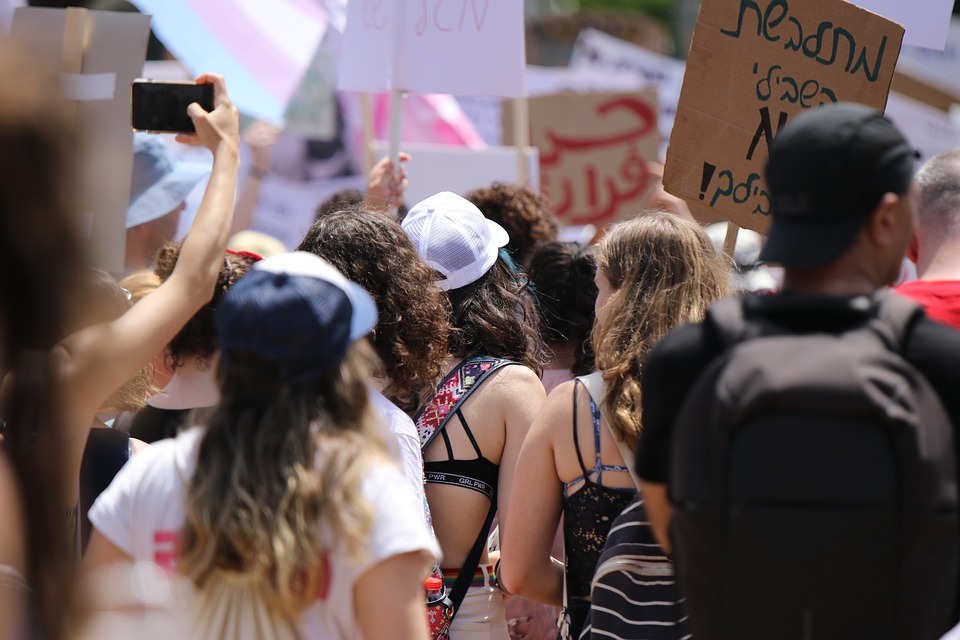Women’s rights activism has a rich history that dates back centuries, with women around the world fighting for equality and justice. From the suffragist movement of the late 19th and early 20th centuries to the current fight for reproductive rights and gender equality, women have been at the forefront of social and political change.
The Suffragist Movement
One of the most well-known movements for women’s rights is the suffragist movement, which sought to secure the right to vote for women. In the United States, the movement began in the mid-19th century with the Seneca Falls Convention in 1848, where women such as Elizabeth Cady Stanton and Susan B. Anthony demanded equal rights for women, including the right to vote.
The suffragist movement gained momentum in the late 19th and early 20th centuries, with women across the country organizing marches, rallies, and protests to demand suffrage. In 1920, the 19th Amendment was finally ratified, granting women the right to vote after decades of struggle and activism.
The Civil Rights Movement
The civil rights movement of the 1950s and 1960s also played a crucial role in advancing women’s rights. Women such as Rosa Parks and Fannie Lou Hamer were instrumental in the fight for racial equality, challenging societal norms and demanding justice for all.
During this time, women began to challenge gender roles and stereotypes, advocating for equal pay, reproductive rights, and an end to discrimination in the workplace. The civil rights movement paved the way for the feminist movement of the 1960s and 1970s, with women like Gloria Steinem and Betty Friedan leading the charge for gender equality.
The Feminist Movement
The feminist movement of the 1960s and 1970s marked a new era of women’s rights activism, with women demanding equal rights, opportunities, and representation in all aspects of society. The movement focused on issues such as reproductive rights, gender discrimination, and domestic violence, sparking important discussions and legislative changes.
During this time, landmark legislation was passed, including the Equal Pay Act of 1963 and Title IX of the Education Amendments of 1972, which prohibited sex discrimination in education programs and activities. The feminist movement also brought attention to issues such as sexual harassment and violence against women, leading to the creation of shelters and services for survivors.
The Reproductive Rights Movement
In the 1970s and 1980s, the reproductive rights movement emerged as a key component of women’s rights activism, focusing on issues such as abortion rights, contraception access, and reproductive health care. Women’s rights activists fought for the right to make decisions about their own bodies and reproductive choices, challenging restrictive laws and policies that limited access to safe and legal abortion.
The landmark Supreme Court case Roe v. Wade in 1973 established the right to abortion as a constitutional right, but the fight for reproductive rights continues to this day. Women’s rights activists advocate for policies that protect and expand reproductive rights, including affordable access to contraception, comprehensive sex education, and reproductive health care services.
Women’s Rights Today
Today, women’s rights activism continues to be a vital force for social change and progress. Women around the world are fighting for gender equality, reproductive rights, LGBTQ rights, and racial justice, challenging systems of oppression and discrimination.
In the wake of the #MeToo movement, women have come forward to speak out against sexual harassment and violence, sparking important conversations about consent and accountability. Women’s rights activists also continue to advocate for pay equity, workplace protections, and affordable child care, addressing the economic disparities that disproportionately affect women and families.
As we look to the future, it is clear that women’s rights activism will continue to play a crucial role in shaping our society and advancing equality for all. By standing together and fighting for justice and equality, women can create a more just and equitable world for future generations.
